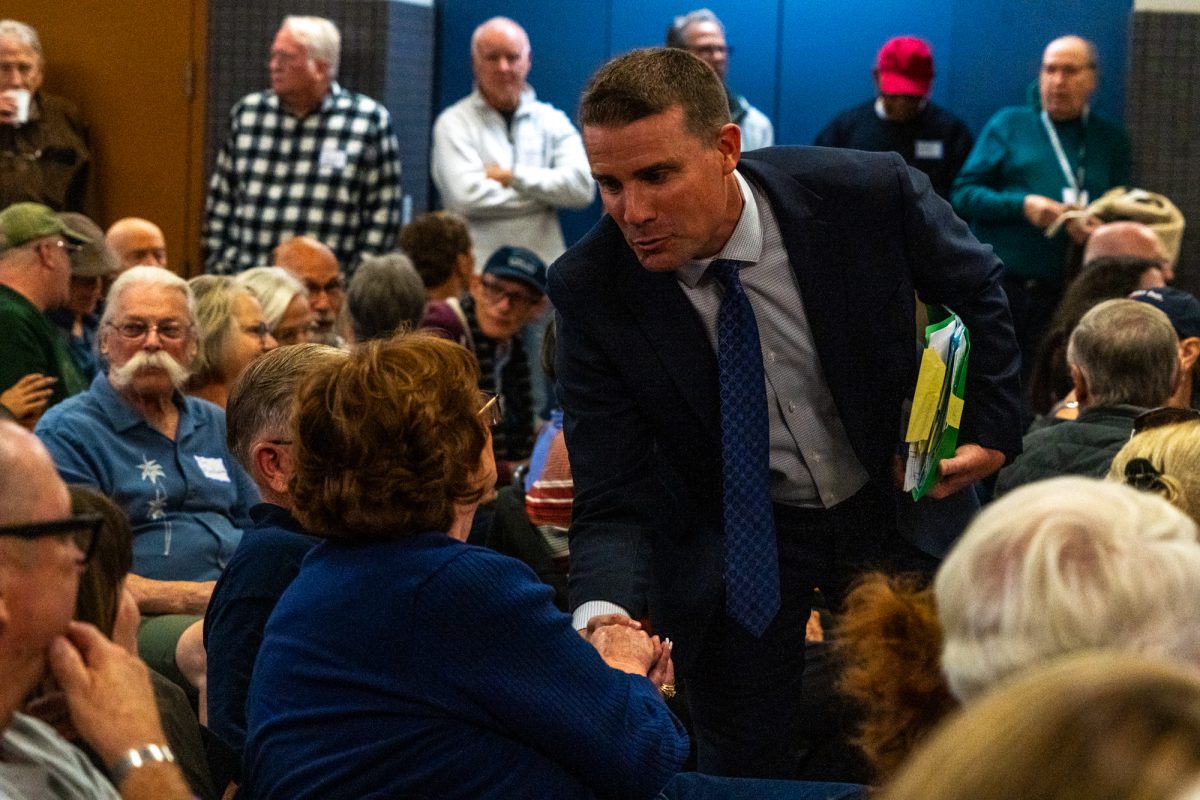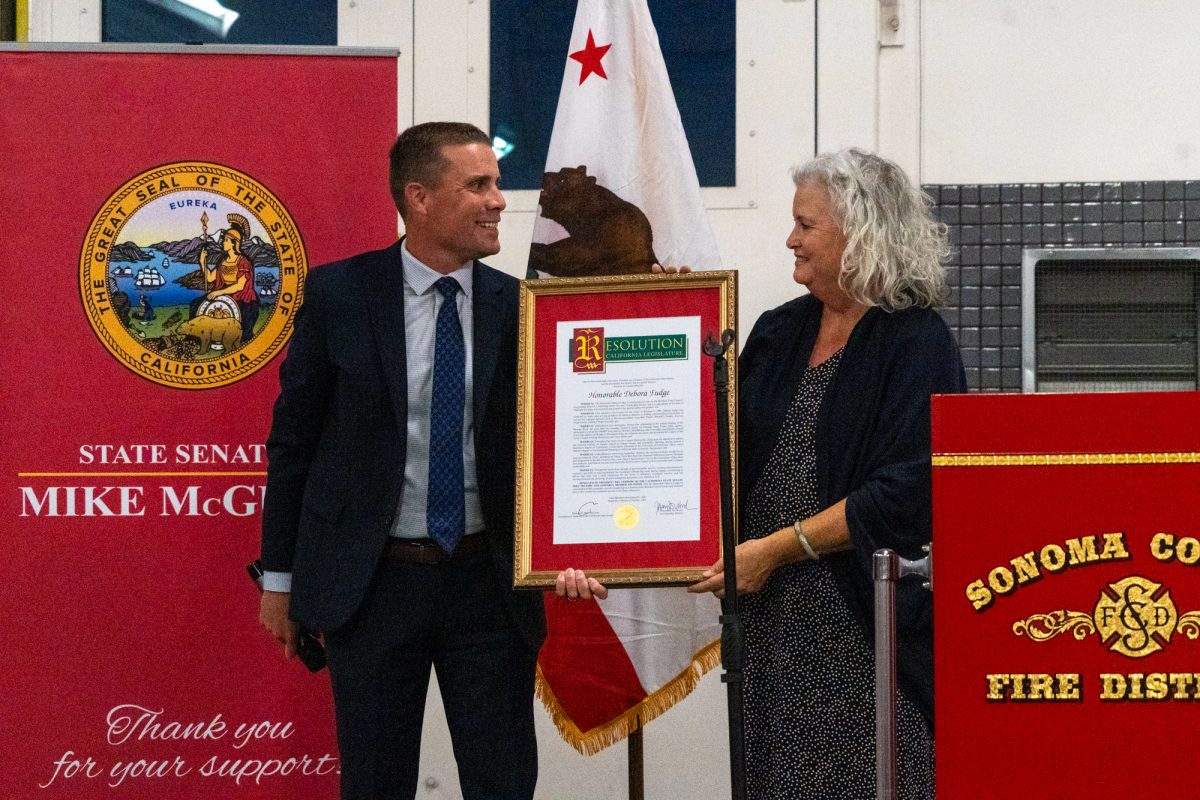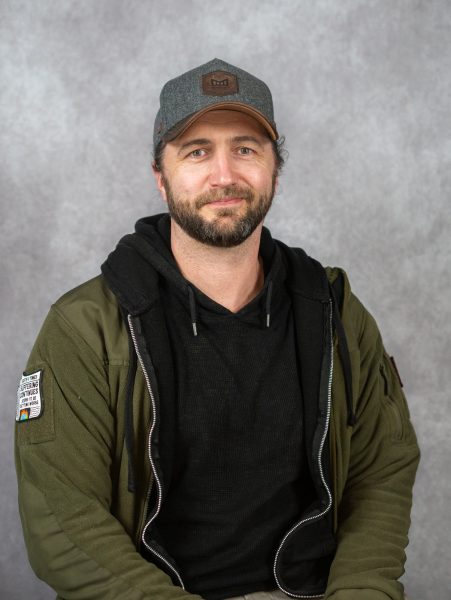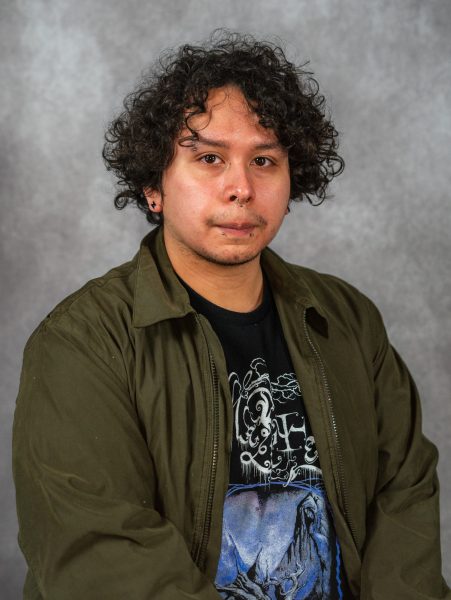State Senator Mike McGuire met with over 200 constituents to discuss education, climate, crime and casinos at a town hall hosted by Sonoma County Fire District’s Windsor Fire Station No. 3 on Oct. 17.
In terms of progress California’s legislation has made in recent years, McGuire had the most praise for investments in public schools. Today, the state government spends $24,000 per student per year, almost three times the $8,900 ten years ago.
“Not every kid is going on to a four-year college degree, and that’s okay,” McGuire said. “What’s not okay is if we’re not investing in their future. We’re doing that. Fifty percent of all community college kids go tuition free to Santa Rosa Junior College or any other junior college.”
As an SRJC alumnus, McGuire personally understands the value of investing in public education. “When I enrolled at SRJC, I was reading at an eighth-grade level and I was also at pre-algebra for math,” McGuire said.
He recognized an attendee, former SRJC faculty member Sharon Martinelli, who was there to oppose a planned asphalt plant in Forestville, and said he was grateful for the help she gave him while he served in SRJC’s student government.
In a lively Q&A session, McGuire fielded questions from 21 residents, several of whom had lost their homes to wildfire.
McGuire applauded President Biden for approving $500 million in federal funding that has contributed to the hiring of 6000 additional firefighters, and the purchase of firefighting Blackhawk helicopters and seven C-130 cargo planes. “We have to do more, but we are making progress,” McGuire said.
Questions from those residents centered around their struggles in gaining access to relief funds and insurance payouts to replace what was lost. McGuire invited an attendee he called Fritz to share how victims of the “Tubbs” and “Camp” fires of 2017 and 2018 were receiving a 30% shortfall in rebuilding funds after being denied access to money raised from utility companies by the 2019 Assembly Bill 1054.
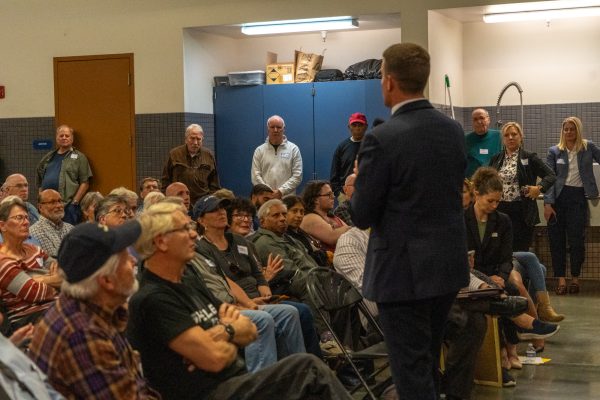
The senator seemed pessimistic about the prospects of any retroactive payments. “It’s gonna be difficult to open that back up,” McGuire said.
Healdsburg resident Steve Bressoud was one of three who lost a home in the Point fire last June, yet said he was ineligible for federal grants that victims of other fires have received. “Is my family’s loss any different than when there were 2000 families? They lost everything. We lost everything,” he said.
McGuire admitted that federal agencies have thresholds in terms of number of structures destroyed that must be reached before funds are made available.
“We feel absolutely abandoned,” Bressoud said.
The senator shared sympathy with an attendee who was concerned that proposition 36 will disproportionately affect minorities and vulnerable communities. “My personal belief is that [Proposition 36] is probably going to pass but I’m not going to support it,” McGuire said.
Several attendees expressed concern about a casino being planned in Windsor by the Koi Nation, a federally recognized tribe of the Native American Pomo people whose traditional home is in Lake County. Kathy Burns, a local educator, said the Koi Nation weren’t safely considering the emergency evacuation needs for a 300 hundred room hotel surrounded by inadequate roads.
“All of this just seems ludicrous that the Bureau of Indian affairs would even consider this because [the Koi Nation] weren’t indigenous, and it’s gonna set a precedent,” Burns said.
In his initial speech, McGuire said on the issue, “The Koi Nation have no right to build this casino in the town of Windsor, full stop.”
Conversely, an attendee named Raymond Badgley vocalized his theory that legalizing sports betting may alleviate the state deficit. In a short interview after the event, Badgley said, “What I was saying is, if you make sports betting legal like what 30 other states have done, you’re going to get a hell of a lot of money coming into the state and that will hopefully wipe out the deficit.”



